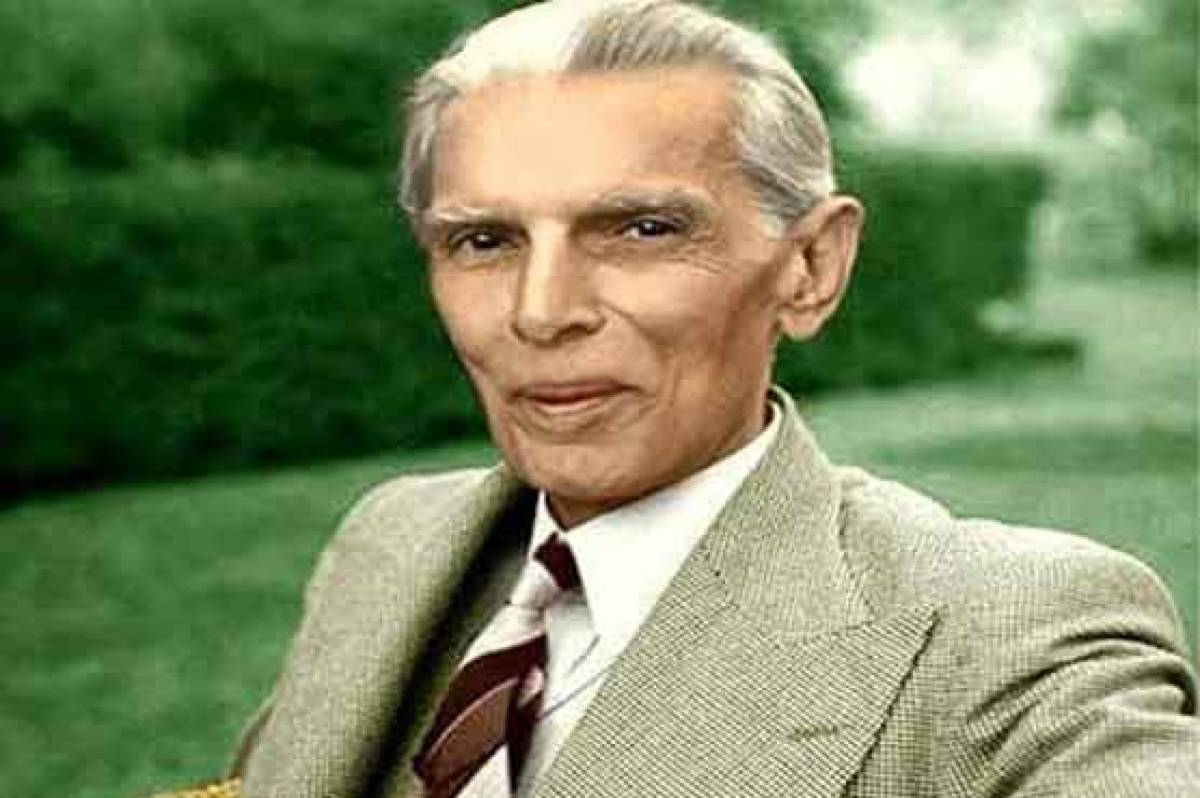As we commemorate the 77th anniversary of Pakistan’s birth, it is not just a time for reflection, but a call to action. We must remember the vision of our esteemed founder, Quaid-e-Azam Mohammad Ali Jinnah, not as a distant dream, but as a living, breathing reality that we must strive to uphold. His vision was not just about the creation of a separate nation for Muslims, but about the establishment of a democratic, liberal, and modern state. Jinnah’s Pakistan was one where religious bigotry and theocratic rule had no place, where every citizen, regardless of faith, stood equal before the law and had the opportunity for economic empowerment. Upholding Jinnah’s vision is not just a goal, but a duty we owe to our nation and its future, a duty that cannot wait.
Despite the passage of time, Pakistan is not where it should be. It finds itself at a critical juncture, urgently needing to embody the strong nation envisioned by its ideology. The country is grappling with a host of challenges, including international debt, economic instability, and political turbulence. The amalgamation of democratic principles with Islamic fundamentals has inadvertently fostered an environment of intolerance, sectarian strife, extremism, and pervasive corruption. These elements have collectively tarnished the image of Pakistan as a harmonious and thriving nation in the global arena.
The root of these challenges lies in the widespread corruption that permeates the political sphere, unchecked military interventions, and an unrestrained civil bureaucracy. This has eroded public trust and hindered the nation’s progress. To rectify this, the government of Pakistan must undergo a comprehensive overhaul of its governance system, ensuring that it is inclusive and reflective of the people’s will. Adopting a federal-parliamentary system grounded in the tenets of equal citizenship—irrespective of religion, colour, caste, race, and gender—could serve as a cornerstone for reinforcing democratic values.
Addressing the pressing concerns of poverty, illiteracy, and social disparity requires a concerted effort to stimulate economic growth and development. The government’s role is pivotal in fostering a climate that is attractive to investments across diverse sectors such as agriculture, industry, and services. Prioritizing the provision of quality education and healthcare for all and nurturing entrepreneurship and innovation are essential steps towards creating employment opportunities and invigorating the economy.
Therefore, Pakistan’s journey towards realizing the aspirations of its founder is not a distant dream, but a tangible reality within our grasp. It requires a reorientation of our political and economic frameworks, a commitment to democracy, social justice, and economic prosperity. By doing so, we can unlock the true potential of Pakistan, transforming it into a robust, affluent, and esteemed member of the international community. With judicious policies and visionary leadership, we can make this vision a reality, a vision that is true to the legacy of Quaid-e-Azam Mohammad Ali Jinnah.
As we mark the 77th anniversary of Pakistan’s inception, it is essential to reflect on the vision of its founder, Quaid-e-Azam Mohammad Ali Jinnah, for a democratic and federal Pakistan. Jinnah’s vision was not merely the creation of a separate Muslim nation but the establishment of a democratic, liberal, and modern state that would ensure equality, justice, and economic empowerment for all citizens.
Jinnah’s vision for Pakistan was grounded in the principles of social justice, equality, and economic prosperity. He believed that a democratic and federal system of government would enable representation and participation of the people in the decision-making process, promoting national integration and unity while ensuring that the needs of the diverse regions and provinces are met. Jinnah envisioned a government that would be accountable to the people and work towards their well-being and prosperity.
Jinnah’s vision for a democratic and federal Pakistan was a multi-dimensional one that encompassed various aspects of governance. He believed that the government had a fundamental role to play in fostering economic growth and development, providing equal opportunities for all citizens, and ensuring access to quality education and healthcare. Jinnah also envisioned a government that would promote and protect the rights of minorities, ensuring that every citizen is equal before the law.
Despite Jinnah’s vision for a democratic and federal Pakistan, the country faces numerous challenges, including economic instability, political turbulence, and international debt. The fusion of democratic principles with Islamic fundamentals has fostered an environment of intolerance, sectarian strife, extremism, and pervasive corruption that has marred the image of Pakistan as a harmonious and thriving nation in the global arena.
To address these challenges, Pakistan needs a comprehensive overhaul of its governance system, and this is where we, the citizens, come in. We must ensure that our governance is inclusive, equitable, and reflective of our collective will. Adopting a federal-parliamentary system that is grounded in the principles of equal citizenship – irrespective of religion, colour, caste, race, and gender – could serve as a cornerstone for reinforcing democratic values. It is crucial for us to prioritize the provision of quality education and healthcare for all citizens, stimulate economic growth and development, and nurture entrepreneurship and innovation as essential steps towards creating employment opportunities and invigorating the economy. The transformation of Pakistan is not just a task for the government, but a responsibility we all share.
Concludingly, Jinnah’s vision for a democratic and federal Pakistan was a comprehensive one that aimed to create a state where all citizens are equal before the law, regardless of their religious affiliation. His vision was for a government that would be accountable to the people and work towards their well-being and prosperity. It is through the promotion of democracy, social justice, and economic prosperity that Pakistan can actualize its potential and transform into a robust, affluent, and esteemed member of the international community, true to the legacy of Quaid-e-Azam Mohammad Ali Jinnah.
















